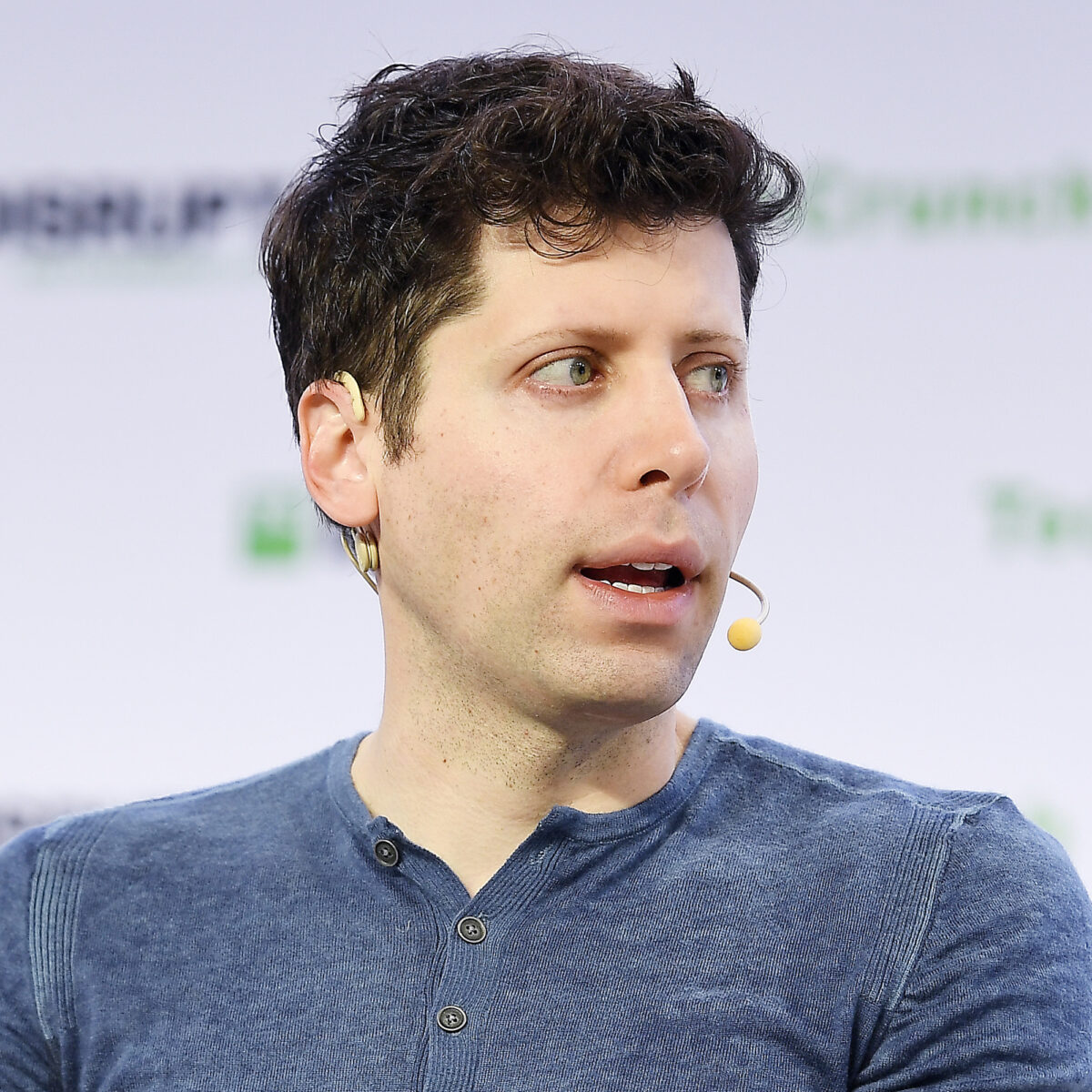OpenAI’s CEO, Sam Altman, is embarking on a global tour to spread awareness about the potential of artificial intelligence (AI). This initiative comes on the heels of Altman’s recent engagements with the U.S. Congress, where he ignited the AI hype train.
While Altman’s reception in the AI-friendly United States was positive, his overseas charm offensive has encountered some regulatory hurdles. This article explores Altman’s efforts to promote OpenAI’s ChatGPT, address regulatory concerns, and navigate the complexities of international AI policies.
Altman’s European Engagement on AI Regulation
During his international tour, Altman has been actively engaging with key players in the tech industry, businesses, and policymakers across Europe. Starting from Lagos, Nigeria, and making his way to London, UK, Altman has been advocating for the adoption of AI models like ChatGPT and pushing for pro-AI regulatory policies.
Altman’s Stance on EU and AI Regulation
While Altman expressed OpenAI’s willingness to comply with EU regulations, he voiced concerns regarding the European Union’s definition of “high-risk” AI systems. The EU’s AI Act categorizes AI into three risk levels, with “unacceptable risk” systems being those that violate fundamental rights.
Altman raised objections to the classification of ChatGPT and the large language model GPT-4 as potentially high-risk, which would impose additional requirements on OpenAI.
Balancing Benefits and Risks
The EU’s AI Act aims to address potential risks associated with AI, such as China’s social credit system and facial recognition technology. OpenAI, with its breakthroughs in AI, including ChatGPT, prompted the EU to introduce provisions for safety checks and risk management for foundational models like large language models. Altman acknowledges the need to strike a balance between reaping the benefits of AI and ensuring responsible use.
OpenAI and Scrutiny from the EU
Compared to the United States, the EU has displayed a greater willingness to scrutinize OpenAI’s AI models. The European Data Protection Board has been monitoring ChatGPT to ensure compliance with privacy laws. Altman’s international tour can be seen as an effort to address these concerns and maintain a positive relationship with EU regulators.
Sam Altman’s Position on AI Regulation
Altman’s views on regulation echo those expressed during his testimony before the U.S. Congress. He emphasizes the importance of regulation that promotes safety, including the possibility of new safety requirements or the establishment of a governing agency to test and ensure compliance.
Altman advocates for a regulatory approach that strikes a balance between the traditional European and U.S. approaches.
Protecting Accessibility and Openness
While supporting regulation, Altman highlights the need to avoid restrictions that could hinder users’ access to AI technology. He specifically mentions concerns about potential harm to smaller companies and the open-source AI movement.
It is worth noting that any new regulations would inherently benefit OpenAI, allowing the company to demonstrate compliance and differentiate itself from competitors.
Bans and OpenAI’s Response
Several countries, including Italy, have temporarily banned ChatGPT due to concerns over its use. However, OpenAI has been responsive to these bans, working to address privacy concerns and provide users with increased control over their data. OpenAI’s commitment to meeting regulatory requirements and user demands ensures the service remains available globally.
Conclusion
Sam Altman’s global tour aims to promote OpenAI’s ChatGPT and navigate the regulatory landscape surrounding AI. As Altman engages with policymakers and industry leaders worldwide, he emphasizes OpenAI’s commitment to comply with regulations while addressing concerns about the potential risks associated with AI. Altman’s discussions regarding the EU’s AI Act highlight the challenges of defining “high-risk” systems and the impact it may have on OpenAI’s models.
While Altman supports regulation and acknowledges the importance of addressing the dangers of AI, he also emphasizes the potential benefits it offers. Striking the right balance between regulation and accessibility is crucial to ensure responsible AI development without stifling innovation or hindering smaller companies and open-source initiatives.
OpenAI has faced scrutiny from the EU, with the European Data Protection Board monitoring ChatGPT’s compliance with privacy laws. Altman’s global tour serves as an opportunity to address these concerns and establish a positive relationship with EU regulators.
It is important to note that the EU’s AI Act is still subject to change, and OpenAI is actively working to comply with any regulatory requirements. While some countries have temporarily banned ChatGPT, OpenAI has been responsive to these concerns, implementing privacy controls and addressing user demands to ensure the service remains accessible.

